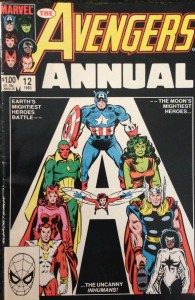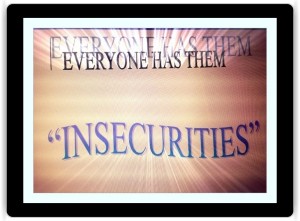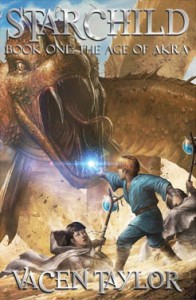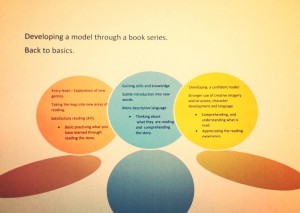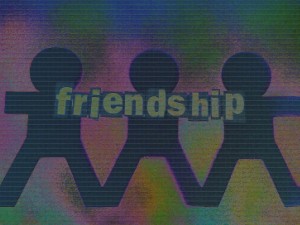I’m asked this all the time. I come from a long history of collecting comics. Mostly superheroes. I guess that means I have a set idea of what makes a good hero. I collect more from the Marvel family than DC, but I enjoy both. These days I collect in themes and not by consecutive number. A more recent theme I’m collecting are the comics that include the destruction of the Captain America shield.
So, for me a good hero needs three things. Here’s the short answer. Courage, self-sacrifice and good moral choices.
Expanding on that.
- Courage: Having the courage to face danger and adversity in my opinion is very important.
- Self-sacrifice: The idea that it’s for the greater good of all humanity or an individual running into a burning building to save someone. That’s an important trait to have if you are a hero.
- Good morals: Having sound morals enables a hero to make good decision when the need arises.
Comics from my collection : Avengers Annual Vol 1 No12 1983
Heroes like Captain America, She-Hulk, Thor, Captain Marvel, Starfox
Having said all that, heroes need flaws or vulnerabilities. Let’s face it, if heroes have no vulnerable aspects they aren’t believable and we won’t be cheering for them to make it through when things go wrong. Remember even Superman had a weakness to Kryptonite. Check out a scene here.
And remember sometimes heroes can turn bad if they are subjected to foreign elements. We’ve seen that happen to Spider-Man in the past.
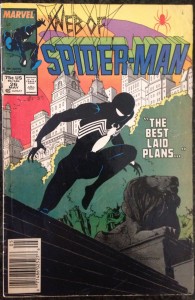
Now what makes a good villain? Short answer. Wickedness, self-preservation and no morals.
Expanding on that.
- Wickedness: Having an allegiance to wickedness provides the foundation for a great villain. The Joker, a character from Batman is a perfect example of that.
- Self-preservation: The idea that it’s all about saving himself or herself first. A classic example is pushing everyone else out of the way as the villain attempts to escape a burning building while the hero runs in. Polar opposites.
- No morals: meaning they have no limits to what they will do to achieve their wicked goal.
Now having said all that, villains need a strength or some vulnerabilities too. Once again if villains have no vulnerable aspects they aren’t going to be believable. Every criminal or villain has something or someone they love. That’s true in real life. In writing these characters they need something that gives them a vulnerability that can often be exploited. A classic example is the Sandman in the Spider-Man 3 movie. Watch the scene here. You can’t tell me there’s not a moment when you feel empathy for what he has become? Once a criminal on the run and now he is the Sandman, but he still loves someone.
Of course these are six basic traits I believe in, a foundation from which I can build a character. There is a lot more involved in developing a hero or a villain, the language they use, the clothes they wear, their habits and so on. The key to a good hero or villain is up to the writer.
Until next time, be brave and bold in your chosen field of creativity. And never be afraid to explore new techniques.
